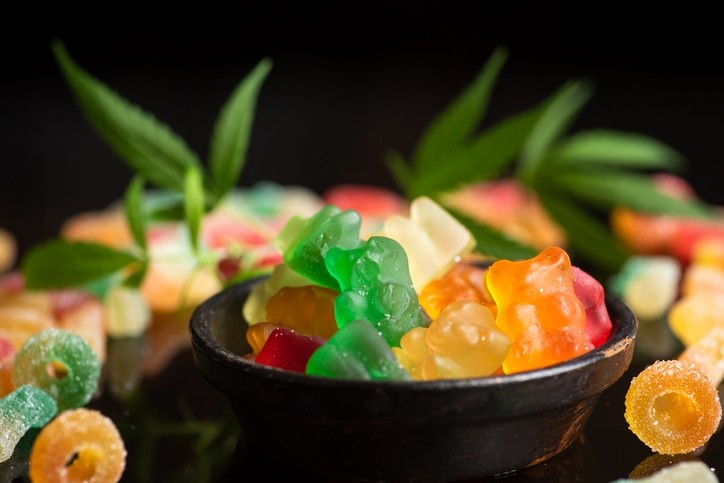In recent years, Delta 8 THC edibles have gained remarkable traction in the cannabis market, marking a significant shift in consumer preferences. Delta 8 THC, a cannabinoid closely related to Delta 9 THC, has been emerging as a popular choice for those seeking a milder, more manageable psychoactive experience. This rising popularity is driven by several key trends and insights that highlight the unique appeal of Delta 8 edibles. One of the primary factors contributing to the growing interest in Delta 8 edibles is their subtle effects compared to Delta 9 THC. While Delta 9 THC is well-known for its potent psychoactive effects, Delta 8 offers a more balanced high, often described as less intense and more relaxing. This makes Delta 8 edibles an attractive option for those who are new to cannabis or those who prefer a gentler experience. Consumers are increasingly drawn to these edibles for their ability to provide a more controlled and comfortable high, catering to a broader audience.

Another significant trend driving the popularity of delta 8 edibles bulk is the expanding range of products available. From gummies and chocolates to beverages and capsules, the variety of Delta 8 edibles on the market allows consumers to choose products that best suit their preferences and lifestyles. This versatility is appealing to those who are looking for convenient and discreet ways to incorporate cannabis into their daily routines. The creative infusion of Delta 8 into various edible formats also speaks to the innovation within the industry, further fueling consumer interest.
The legal landscape surrounding Delta 8 THC has also played a crucial role in its rising popularity. While Delta 9 THC remains heavily regulated in many areas, Delta 8 THC occupies a legal gray area in some jurisdictions, making it more accessible to a wider audience. This legal ambiguity has led to an increase in Delta 8 products, including edibles, being offered in states where Delta 9 THC remains restricted. As a result, consumers in these regions have turned to Delta 8 edibles as a viable alternative, driving their popularity. Moreover, the growing awareness of the potential therapeutic benefits of Delta 8 THC is contributing to its rise. Research suggests that Delta 8 may offer benefits similar to Delta 9 THC, such as pain relief, anti-nausea effects, and appetite stimulation, but with fewer side effects. This therapeutic potential, combined with the more mild psychoactive experience, makes Delta 8 edibles an appealing choice for those seeking wellness solutions.